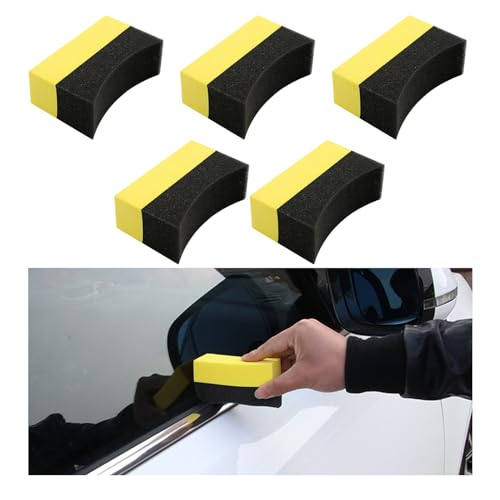Hello guys,
I am looking to buy a 2017 GX4H with 72000 miles.
On add pictures shows a picture of charging cost screen, I can see it is charged every day and dividing kw/h cost by total cost of charge I was able to find it is only taking 7kw per charge, seems pretty low, is that a sign of bad SOH? Should I stay way from it?
I know the battery still on warranty (8 years/100.000miles) but will be a lot hassle get it replaced if needed no?
Opinions please.
I am looking to buy a 2017 GX4H with 72000 miles.
On add pictures shows a picture of charging cost screen, I can see it is charged every day and dividing kw/h cost by total cost of charge I was able to find it is only taking 7kw per charge, seems pretty low, is that a sign of bad SOH? Should I stay way from it?
I know the battery still on warranty (8 years/100.000miles) but will be a lot hassle get it replaced if needed no?
Opinions please.


































